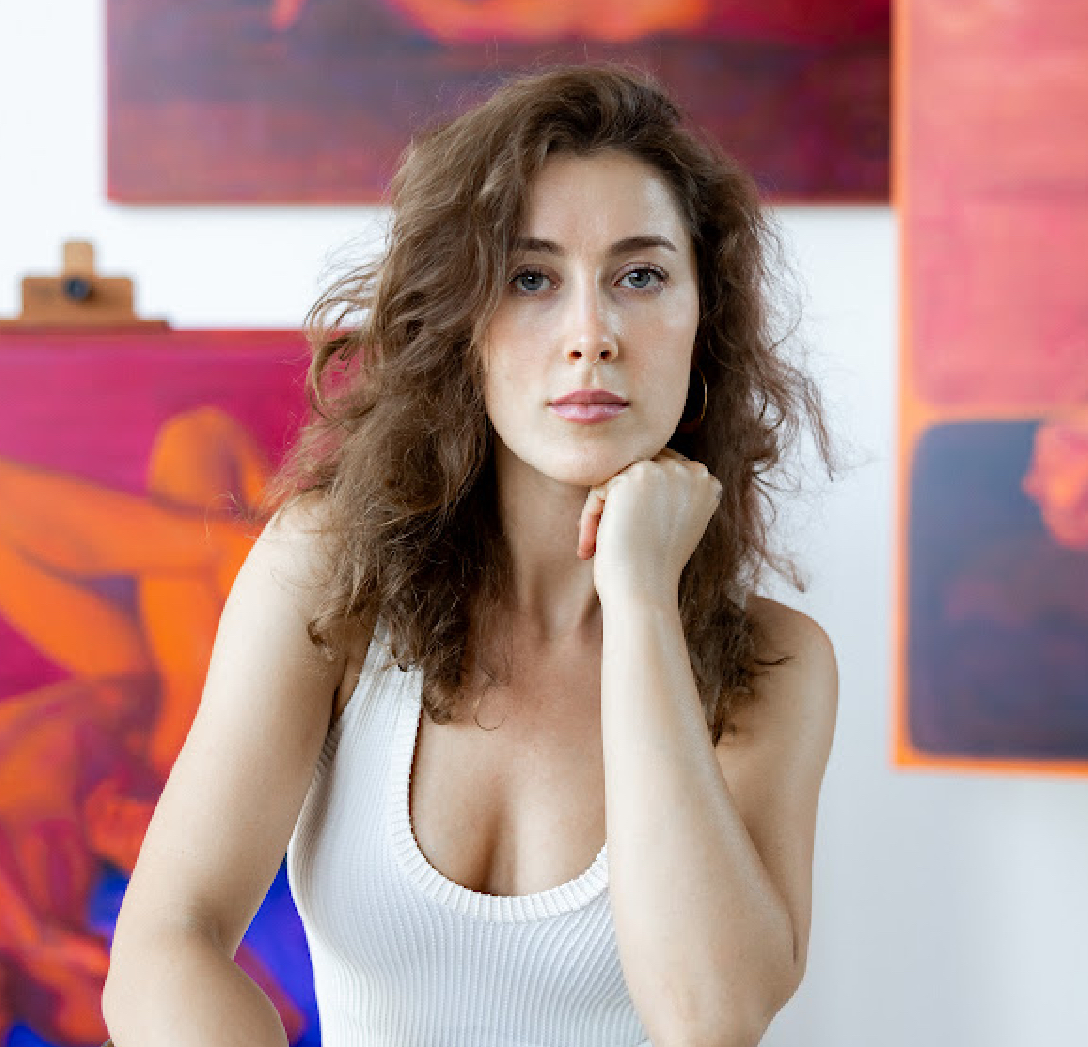Alright – so today we’ve got the honor of introducing you to Orielle Anaïs. We think you’ll enjoy our conversation, we’ve shared it below.
Hi Orielle Anaïs, thank you so much for opening up with us about some important, but sometimes personal topics. One that really matters to us is overcoming Imposter Syndrome because we’ve seen how so many people are held back in life because of this and so we’d really appreciate hearing about how you overcame Imposter Syndrome.
I think imposter syndrome is part of the growth process. It comes in waves and at different stages.
And, it can be especially strong for those who are conditioned as a female. I know women at the peak of their game who still experience it. Knowing that it’s a universal experience has softened it for me when it comes knocking.
I experience it especially when I’m doing something outside of my comfort zone (which is where the real magic happens).
But the discomfort of imposter syndrome really releases for me when I realize the work I’m creating is bigger than me, that it’s really not about me, and that imposter syndrome is a self protection mechanism.
Feeling the discomfort and leaning in anyway leads to braver creativity and a lighter-hearted spirit.
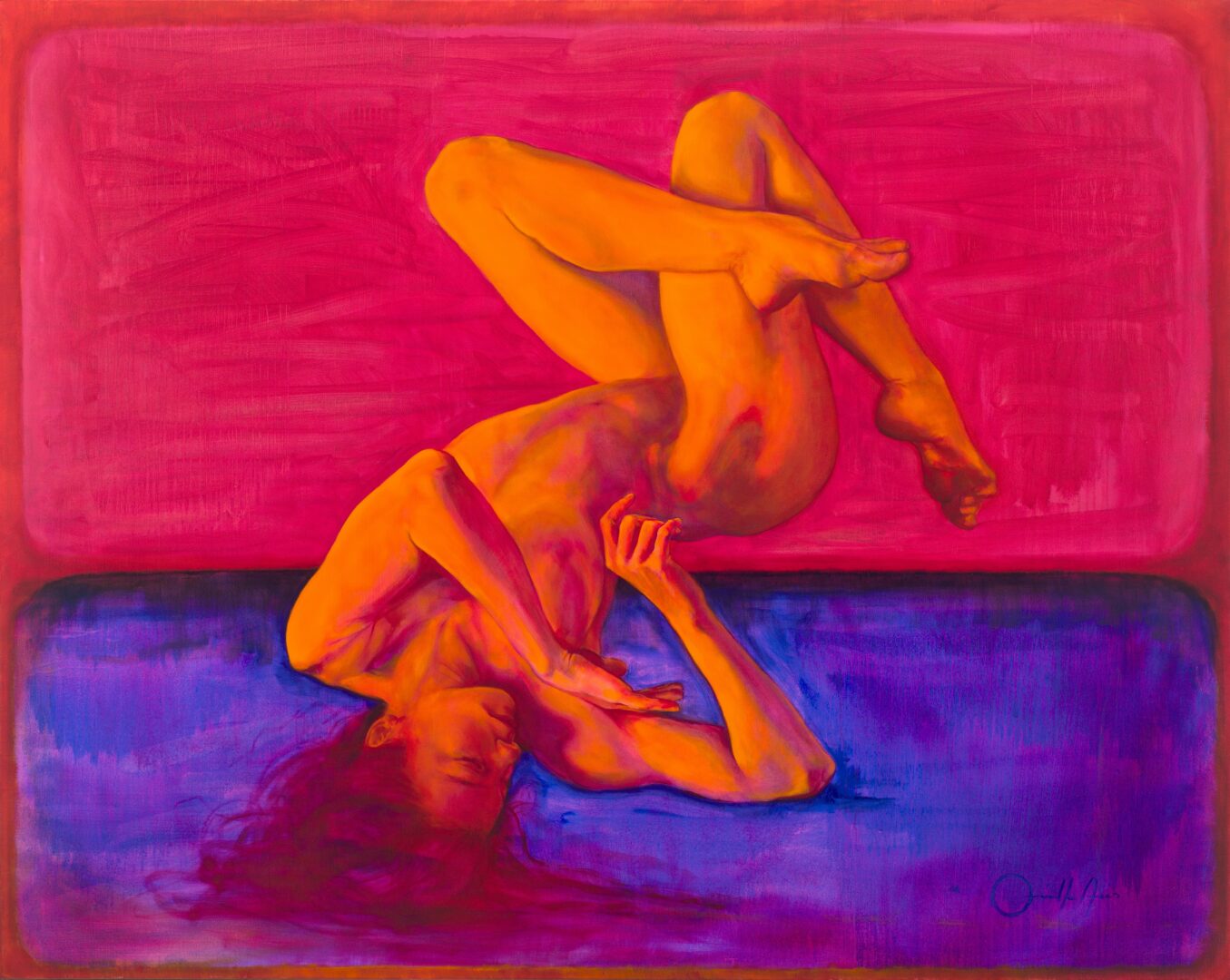
Thanks, so before we move on maybe you can share a bit more about yourself?
I’m a multimedia artist, focusing on contemporary figurative oil painting and mixed-media sculpture.
I’m working full-time in my studio in Santa Barbara, CA.
My current body of work explores perceptions of women and human sense(uality – how we sense and engage with the world, and the people around us.
The work invites viewers to consider women as partners in stewardship, not as objects of others’ gaze.
The mixed messages of how a woman is meant to exist are central to my perspective that a woman’s body belongs to her – and that the male gaze is not something to be reviled and rejected, but re-trained from fetishization and shaming to reverence and respect.
My work is greatly influenced by ancient Greek perspectives of the body being a source of spiritual pride rather than sin.
My sculpture practice blends traditional and experimental approaches, combining classical techniques (chiaroscuro, clay modeling, etc.) with unconventional materials (newspaper, aluminum foil, found objects, masking tape, gypsum plaster, etc).
I grew up in a multicultural environment, which shaped my perception of the world.
Raised in Iowa by my French-Mexican-American family, I navigated contrasting worldviews—those of conservative small-town Iowa, bohemian French family life, and the Hindu spiritual community in the same town. These early experiences fueled my desire to explore cultural attitudes toward women’s bodies and the stigma surrounding female sensuality.
In November 2024 I’m speaking on a panel at a Marquee Event at District 216 in Santa Barbara.
My topic will be The Essence of Art: integrating the Experience into Life.
A link to the event: https://www.district216.com/marquee-events
My new collection of oil paintings will be released and available for purchase at the November Marquee event, and online.
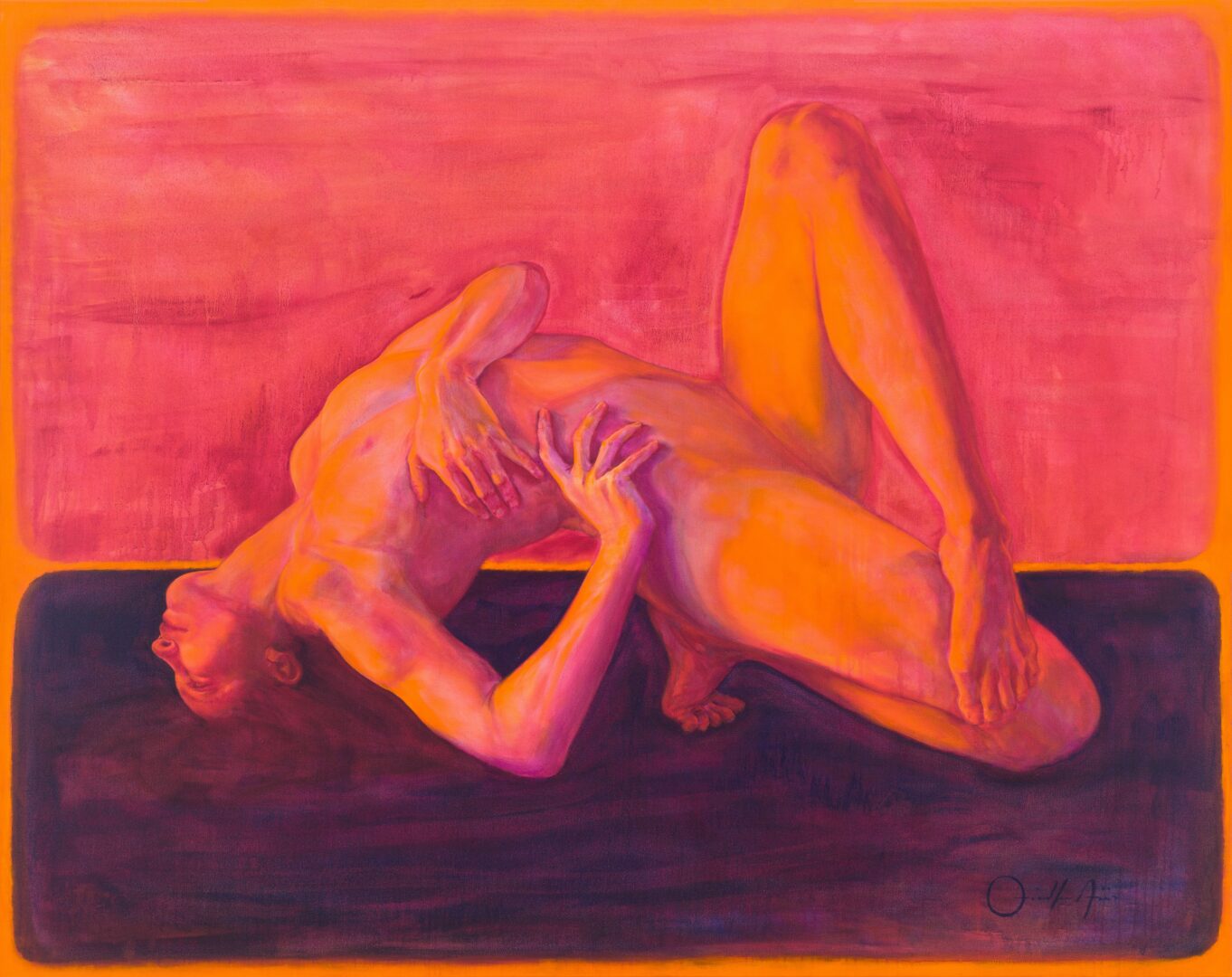
Looking back, what do you think were the three qualities, skills, or areas of knowledge that were most impactful in your journey? What advice do you have for folks who are early in their journey in terms of how they can best develop or improve on these?
1. Obsessively hone the skills of your craft, experiment, and don’t rely on inspiration.
There is no shortcut to excellence. Just commit wholeheartedly and consistently do the work, even when you don’t feel like it. When inspiration does come it will be the cherry on top.
Let perfectionsim guide your discernment, but do NOT let it stop you from growing in your work.
2. Heal your mindset, take personal responsibility, and question all of your beliefs.
I can’t stress enough the positive impact of this kind of inner work.
Especially in creating art, you are facing yourself – and all the gremlins in your mind.
Having solid tools to navigate beliefs around personal value, money, relationships, etc., will serve every area of your success and life.
Some pathways of thought that helped bring me to personal freedom are self-inquiry practices like The Work of Byron Katie and Integral Theory practices.
3. Nourish and grow your circles of friends and people. Every aspect of an art career is relational.
For me, friendship is sacred. Developing solid relationships of trust with many people will bring you to success faster than anything else. To connect with the right people, I focus on being the friend I most desire – true to my word, immediate with my actions, and living love as a verb.
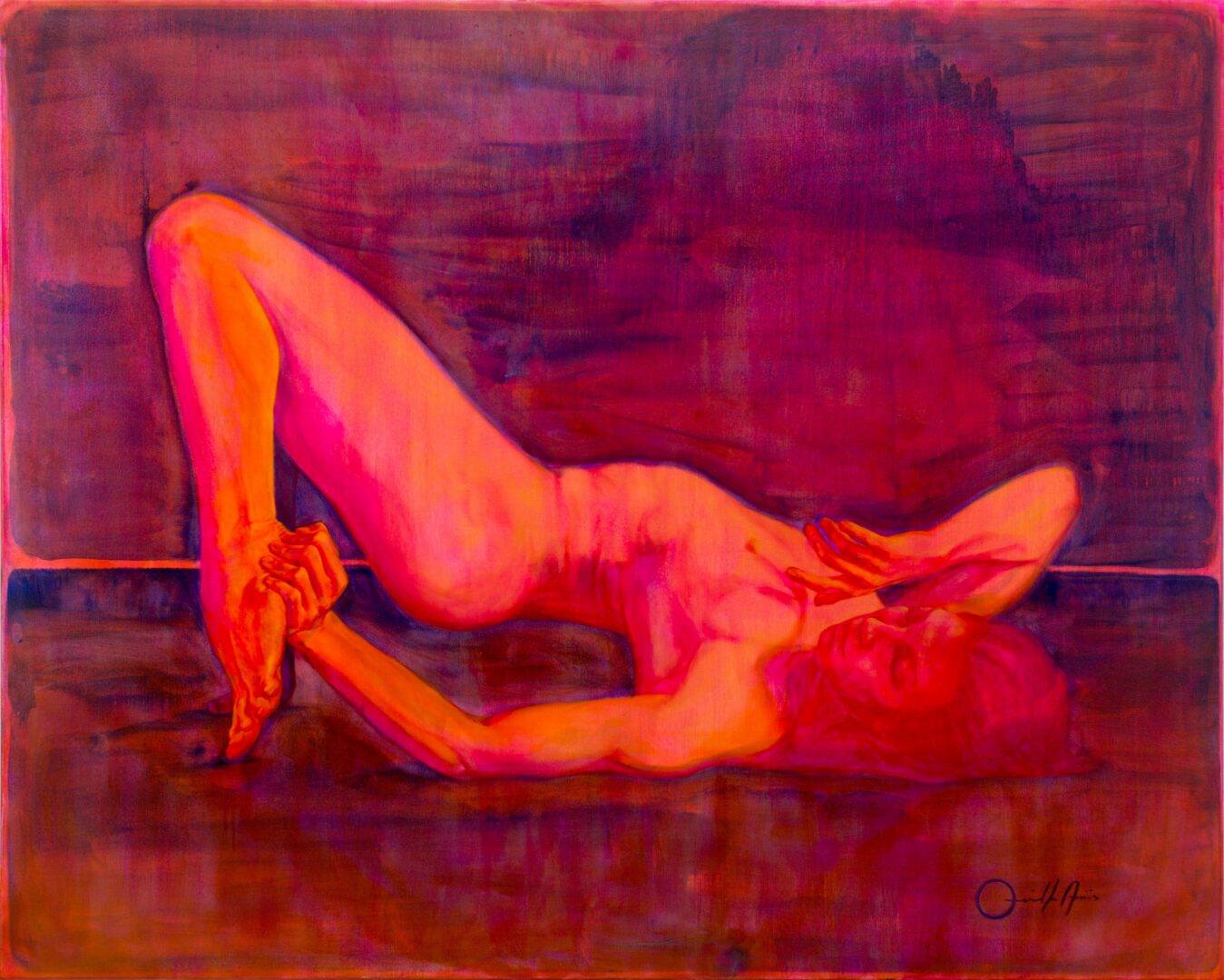
Thanks so much for sharing all these insights with us today. Before we go, is there a book that’s played in important role in your development?
Two books that consistently bring me a sense of creative peace and expansion are Kandinsky’s “Concerning the Spirituality in Art” and “The Creative Act” by Rick Ruben.
“Every work of art is the child of its age and, in many cases, the mother of our emotions” – Kandinsky
True art influences society and births a brighter future. I love this as an anchor point to return to when I feel uncertain.
“There is no telling where that next great story, painting, recipe, or business idea is going to come from.
Just as a surfer can’t control the waves, artists are at the mercy of the creative rhythms of nature.
This is why it’s of such great importance to remain aware and present at all times. Watching and waiting.” – Rick Ruben
This quote is a wonderful example of staying present.
As an artist, you have to remain open at all times.
Earlier I said don’t wait for inspiration – AND, be open for it to arise at any moment.
Contact Info:
- Website: https://www.orielleanais.com/
- Instagram: https://www.instagram.com/orielleanais
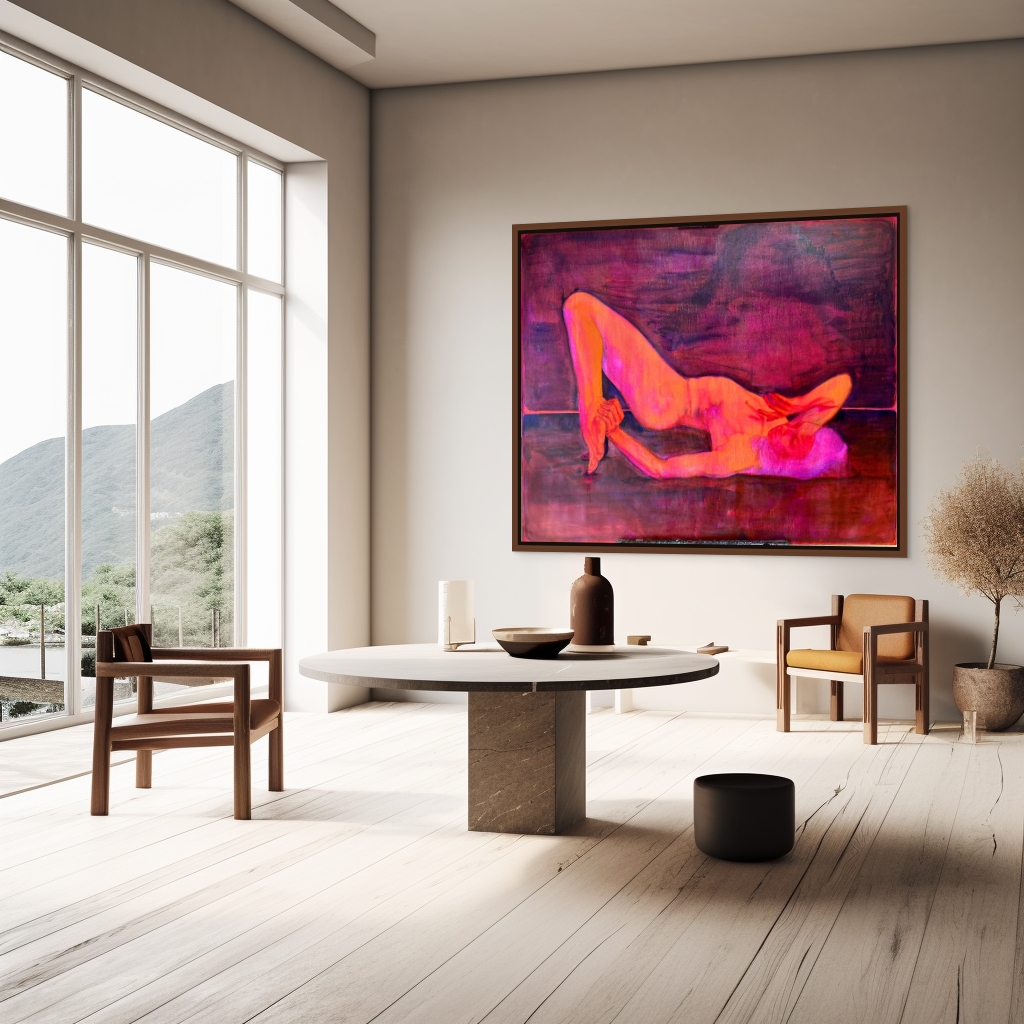
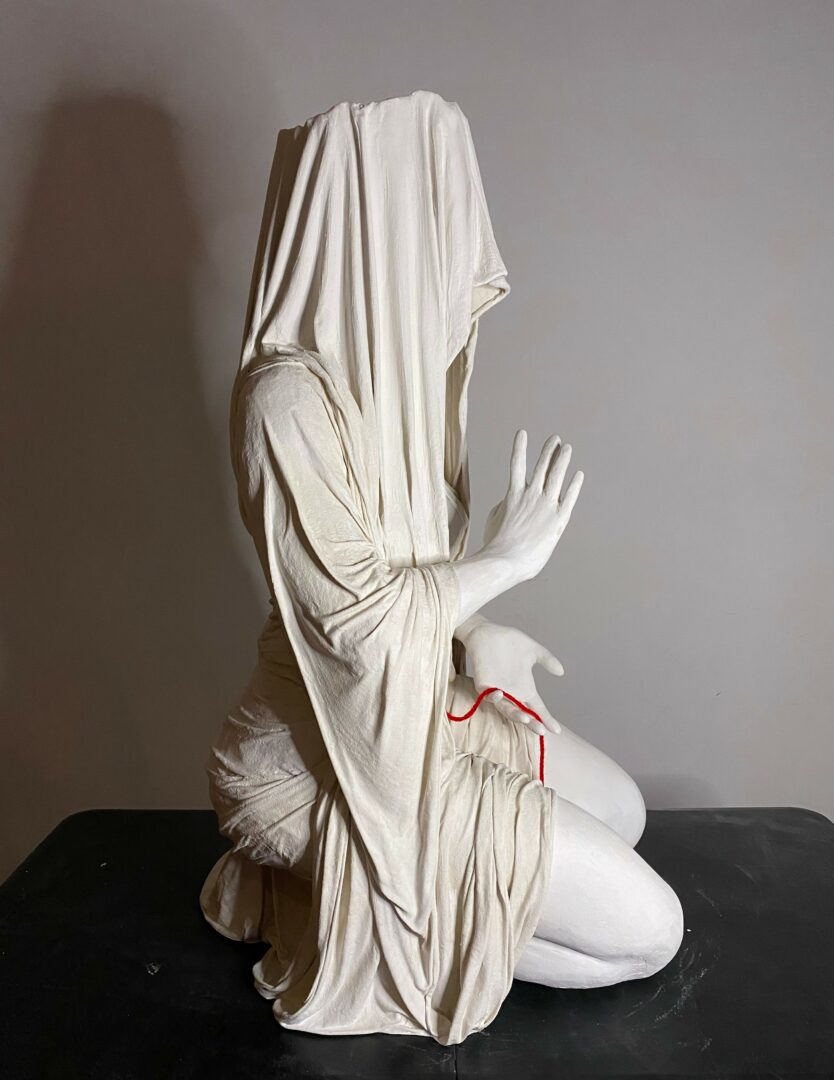
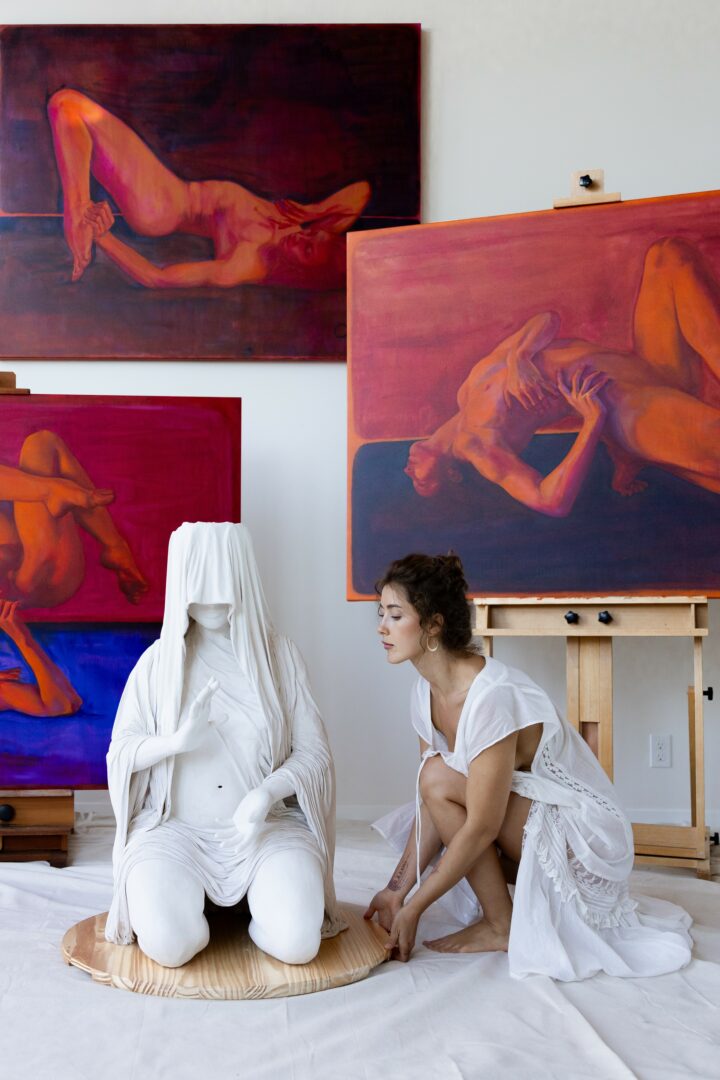
Image Credits
Photography by Wrenn Photography
so if you or someone you know deserves recognition please let us know here.

